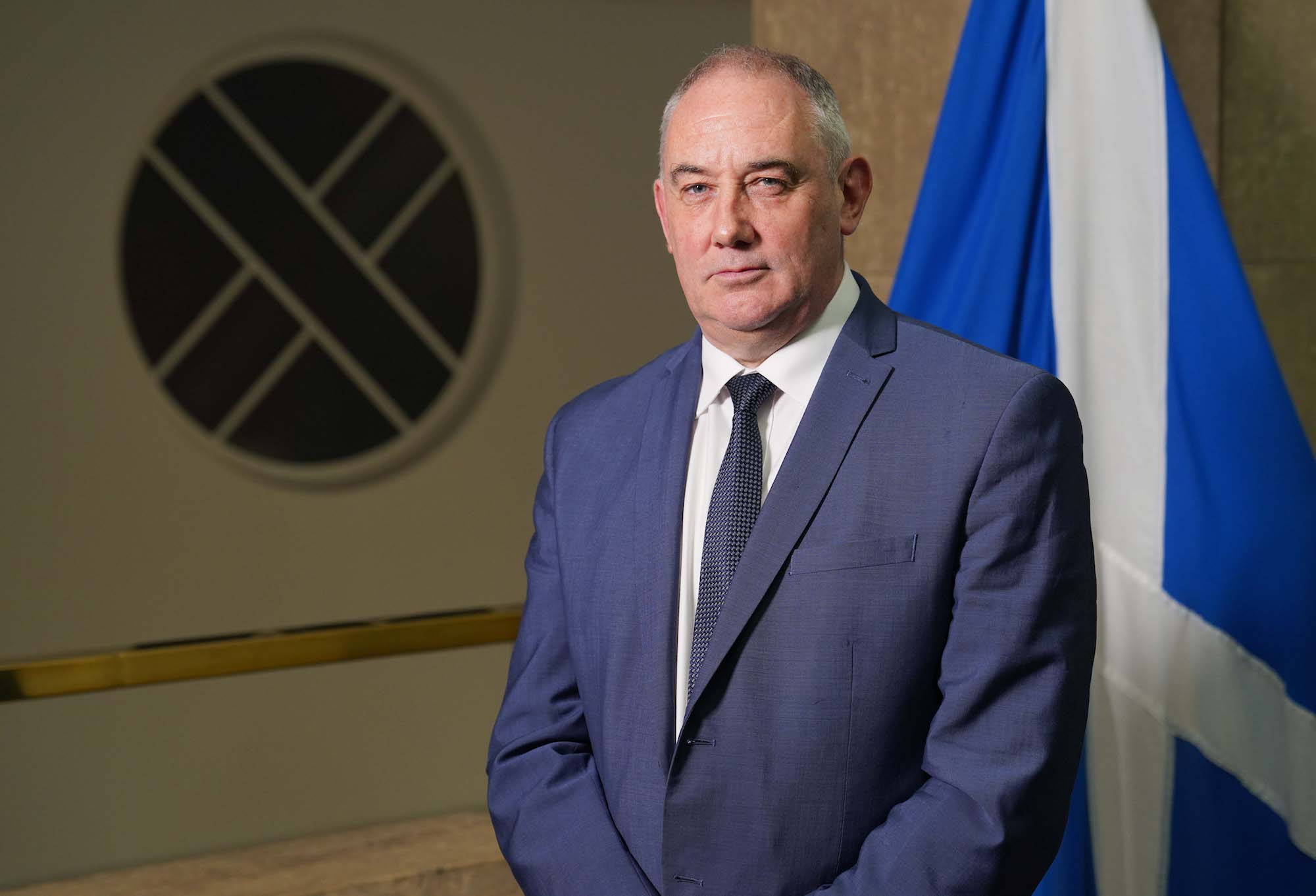Technical updates introduced for short-term lets licensing scheme

Minister for housing Paul McLennan
Regulations have been laid in Parliament that provide technical updates to the short-term lets licensing scheme.
Licensing was introduced in 2022 to provide assurance to guests on safety and quality, such as gas and electrical safety compliance and the suitability of hosts.
If approved, the new regulations would enable:
- Licences to be transferred to a new host, such as when accommodation is sold
- Prospective hosts building a new short-term let to apply for a provisional licence before construction is complete
- Hosts to apply for a maximum of three licence exemptions totalling six weeks in a calendar year
Minister for housing Paul McLennan said: “Short-term let accommodation offers safe and high-quality places to stay throughout Scotland and plays an important role in supporting our tourism sector.
“Since we introduced the licensing scheme I have continually engaged with operators and the wider tourism industry to understand how it is working. These regulations are in response to, and have been refined through, that engagement.
“If passed by the Scottish Parliament, the regulations will support new businesses through the timely transfer of licences between operators and the consideration of new short-term lets at an earlier stage of their development.
“This will ensure that the licensing scheme continues to deliver quality and safety assurance for guests, whilst protecting the needs of local communities.”
The Civic Government (Scotland) Act 1982 (Licensing of Short-term Lets) (Amendment) Order 2024 will incorporate a range of updates to the short-term lets licensing scheme.
The proposed changes result from planned monitoring of the implementation of short-term let licensing in Scotland, which was announced in 2023.
If passed by the Scottish Parliament, hosts will be apply to apply for a maximum of three temporary exemptions to the licensing scheme in a calendar year (with a combined total of no more than six weeks). There are also technical clarifications to exclude foster care and guest rooms in certain residential accommodation from licensing requirements.
Fiona Campbell, CEO of the Association of Scotland’s Self-Caterers, said: “This amendment falls way short of what is required to help existing self-catering owners survive and thrive into the future. It provides little more than minor tinkering around the edges rather than the positive change necessary for a key component of Scottish tourism that boosts the economy by £1bn per annum.
“Industry engagement has to be more than a tick-box exercise; it must produce demonstrable action if the Scottish Government’s New Deal for Business is to mean anything at all in practice. We have repeatedly warned government of the dire impact of its onerous approach, highlighted streams of data to better inform policy, as well as supplying mutually beneficial regulatory solutions to overcome outstanding challenges but sadly to no avail.
“The ASSC has requested a meeting with the cabinet secretary for economy Kate Forbes and we will recommend that the amendment is withdrawn until she has fully engaged with industry on this matter.
“Pushing up the cost of holidaying in Scotland, squeezing the supply of accommodation for our world-leading Festivals and other major events, burdening resource-stretched local councils, and hammering small and micro businesses surely cannot have been the policy intention of short-term let licensing but that’s what is playing out on the ground. Disturbingly, there’s now evidence of a burgeoning black market.
“There has to be real, tangible change otherwise more small indigenous Scottish businesses will close, it is as simple as that.”








